Home networking giants Linksys and Netgear have unveiled next-gen routers, with Linksys opting for mesh networking, and Netgear relying on traditional hardware. Norton is also throwing its hat into the ring with a router that claims to block all security threats before the enter the home's network.
Linksys Velop mesh networking system
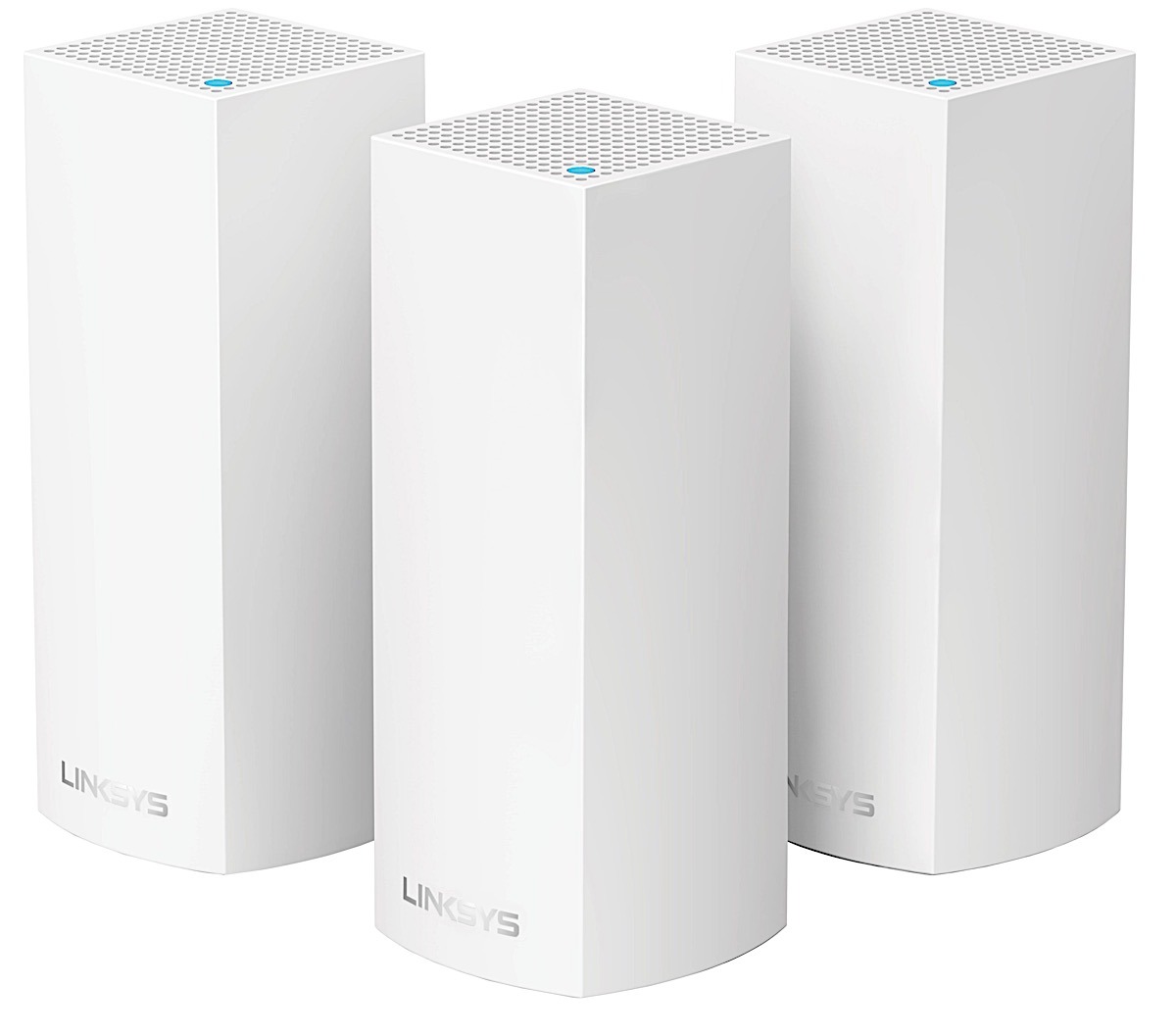
The Linksys Velop adopts mesh networking, similar to that in the Google Wi-Fi and Eero systems. Each Velop "node" is a Tri-Band AC2200 device that serves as router, range extender, access point, and bridge.
Each node is configured during setup by the accompanying Linksys app for iOS. After setup is complete, the Linksys app serves as a Wi-Fi management tool with ufeatures like guest access control, parental controls, device prioritization, and quality of service monitoring.
Each Velop node contains a Tri-Band AC 2x2 802.11ac Wave 2 with MU-MIMO radio configuration with combined speed up to 2200 Mbps. A pair of Gigabit Ethernet ports provide wired connectivity. The Velop has no USB ports for device sharing, however.
The Velop system utilizes three Wi-Fi radios to determine the optimal path from the modem and "parent" node to each "child" node to ensure the fastest speeds to all client devices, regardless of which node they are connected to. Additionally, Velop can also use an Ethernet connection for inter-node communication to allow all three radios to communicate with clients and help Wi-Fi reach distant locations in the home.
The Linksys Velop Whole Home Wi-Fi is available for preorder, with prices ranging from $199.99 for a single unit, up to a retail price of $499.99 for three.
D-Link Covr system
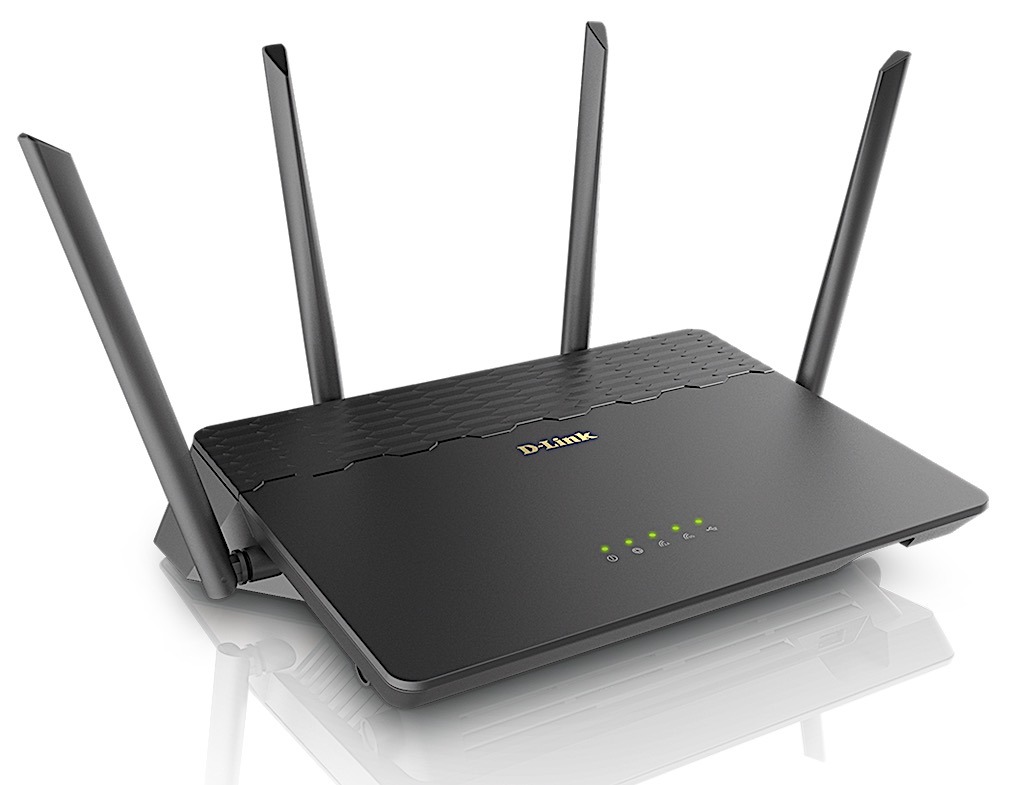
Also shown at CES is the D-Link Covr system. D-Link's new offering is not a mesh system at this time, but can implement the company's latest PowerLine technology to connect Wi-Fi extenders to the main router to make sure an entire residence is blanketed by sufficient Wi-Fi signal.
The core of the system is the DIR-883 AC2600 Dual-Band MU-MIMO Wi-Fi Router, with up to 1733 Mbps on the 5GHz band and 800 Mbps on 2.4GHz band. Wired connectivity is supplied by one Gigabit WAN port, and four Gigabit LAN ports.
Paired with the router is the DAP-1655 Wi-Fi range extender, with speeds up to 867 Mbps on the 5GHz band and 400 Mbps on the 2.4GHz band. It connects to the router through either the pre-configured Wi-Fi signal, or though Ethernet by way of the company's compatible DHP-W730AV PowerLine adapters.
D-Link notes that a future firmware update will provide full mesh networking support to the D-Link Covr system, but a timetable has not been provided.
The Covr Wi-Fi System with DIR-883 router and DAP-1644 extender will be available in the second quarter for $299.99. The Covr DHP-W732AV PowerLine system will be available at the same time for $199.
Norton Core
The Norton Core moves security from individually connected devices on a network to the router itself, enclosed in a 7-inch icosagon that the company says is "inspired by defense and weather radars."
Powered by a 1.7 Ghz dual-core processor, the Norton Core performs deep-packet inspection to ferret a threat, and eliminate it at the router before it can reach a connected device. Norton also claims that security can be performed from the inside of the network out, as well. If a device on the network is identified with "known vulnerabilities or threats" the user is notified, and the device is shunted to a "segregated network."
Specific speeds on each frequency have not been announced, but the Norton Core is an AC2600 MU-MIMO router supporting both 2.4GHz and 5Ghz frequencies at a peak speed of 2.5 Gbps. Wired connectivity is provided by a Gigabit Ethernet WAN Port, three Gigabit Ethernet LAN ports, and a pair of USB 3.0 type-A ports.
The Norton Core will retail for $279.99, and is available for pre-order for a limited time at $199.99. Purchase of the Core device includes a year of Norton Core Security Plus for 20 iOS, macOS, Android, or Windows devices. After the first year, the security service is $9.99 per month.
 Mike Wuerthele
Mike Wuerthele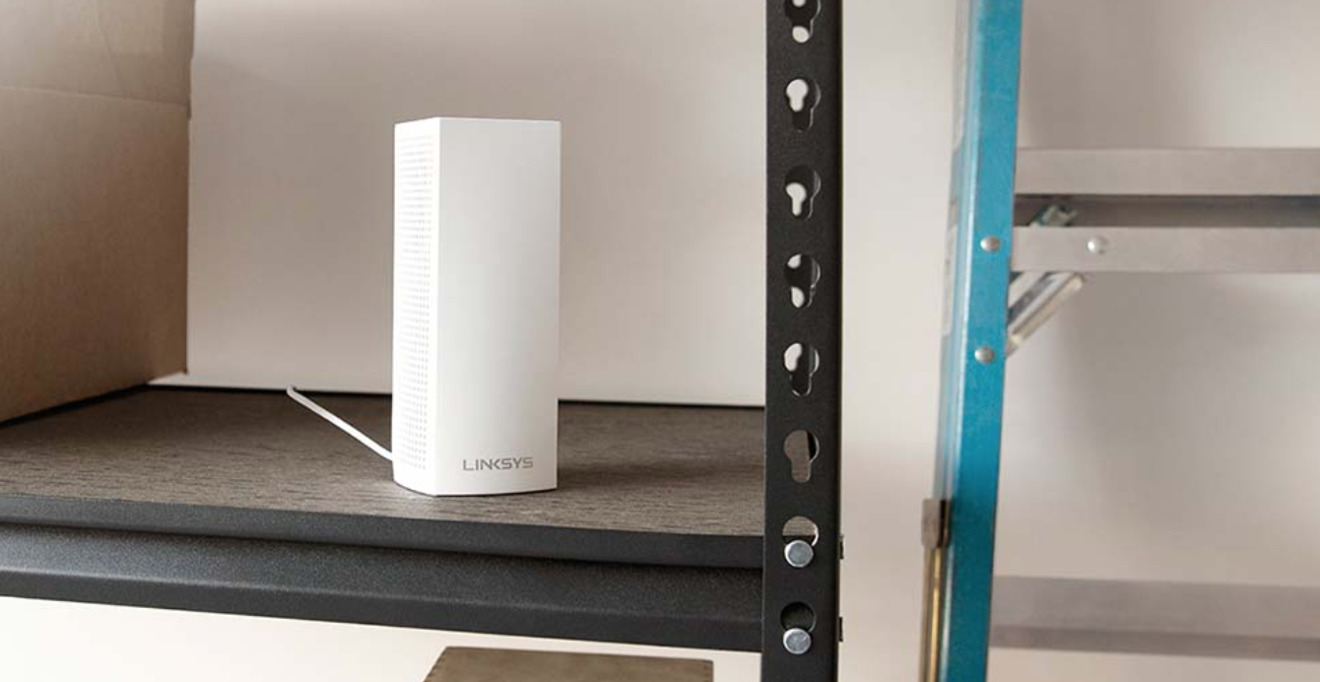







-m.jpg)






 Malcolm Owen
Malcolm Owen
 William Gallagher
William Gallagher

 Chip Loder
Chip Loder

 Wesley Hilliard
Wesley Hilliard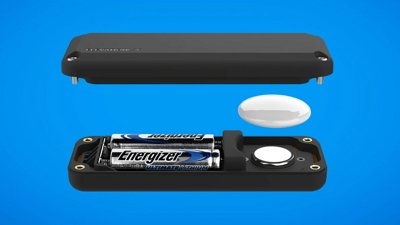









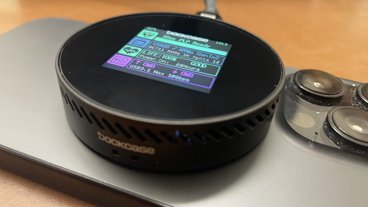

31 Comments
We can see why Apple stepped away from this market, at least in the short term. What can they bring when selling just "standard" routers? Consumers will lean towards these added-value devices, instead.
Maybe Apple is developing a new router for this space?
these guys seem confused.
The top photo with the Linksys Velop node inside of a metal shelving unit kind of highlights user ignorance about how radio frequencies operate.
I'd like to see a head-to-head with the velop vs. eero.